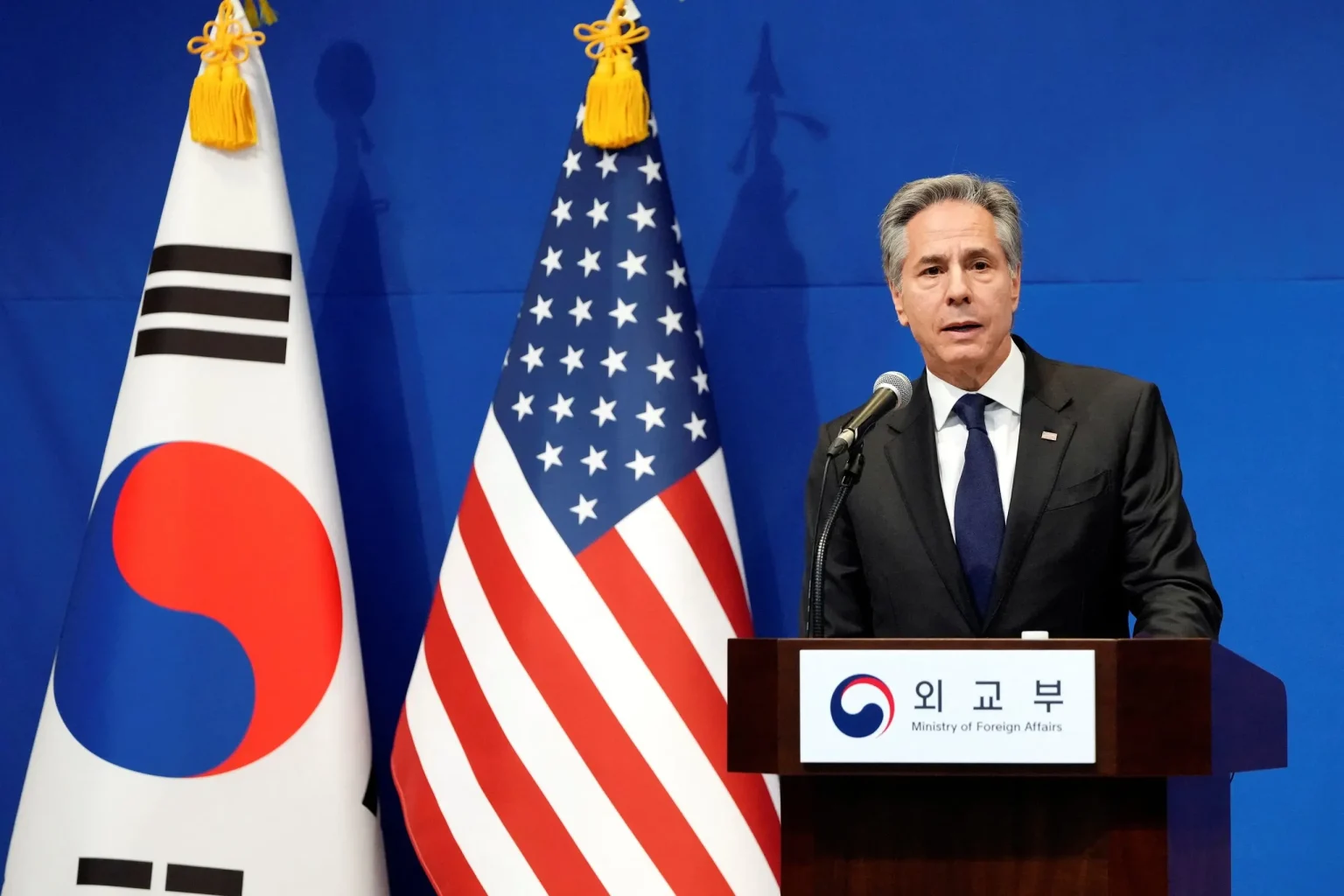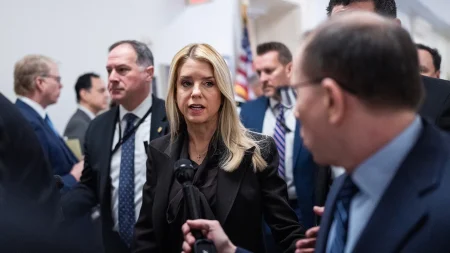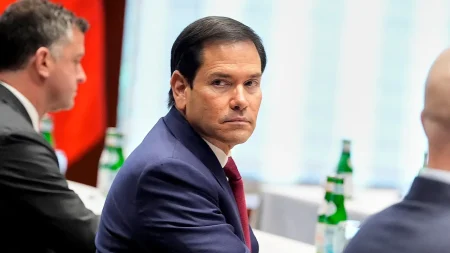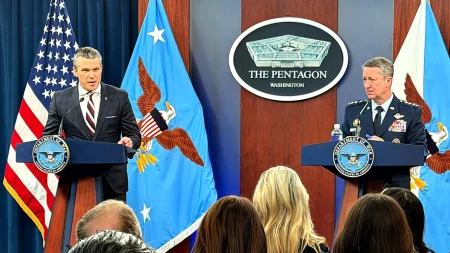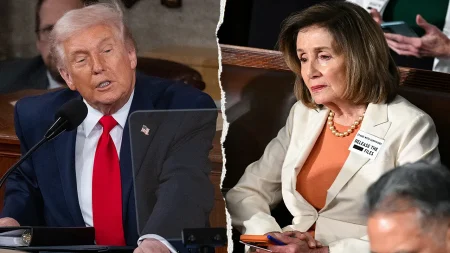Secretary of State Antony Blinken has issued a stark warning regarding Russia’s intentions to provide North Korea with advanced satellite technology. This development, coupled with existing military aid from Moscow to Pyongyang, presents a significant escalation in the threat posed by North Korea. Blinken, speaking in Seoul during a visit focused on addressing the North Korean nuclear threat, expressed concern that this technology transfer would enhance North Korea’s targeting capabilities, potentially enabling strikes against adversaries worldwide, including the United States. North Korea’s estimated arsenal of 50 nuclear weapons underscores the gravity of this situation. This alarming news coincides with North Korea’s recent ballistic missile test into the Sea of Japan, highlighting the regime’s continued pursuit of its weapons program.
Blinken’s warning sheds light on a disturbing quid pro quo between Russia and North Korea. Moscow’s provision of satellite technology follows Pyongyang’s support for Russia’s war in Ukraine, including the supply of troops and arms. This collaboration raises significant concerns about the erosion of international efforts to denuclearize North Korea. Furthermore, there are indications that Russia may be reconsidering its long-standing commitment to denuclearization, potentially accepting North Korea’s nuclear program, a move that would have profound implications for regional and global security. This evolving dynamic signifies a potential realignment of alliances and a shift in the global balance of power, with Russia and North Korea appearing to strengthen their partnership against a backdrop of increasing tensions with the United States and its allies.
The potential transfer of satellite technology to North Korea marks a concerning development in the ongoing space race. Russia’s assistance in North Korea’s first successful satellite launch in 2023, along with its launch of Iranian satellites, demonstrates its growing space capabilities and its willingness to collaborate with nations often at odds with the West. These actions are viewed by many as a direct challenge to the United States’ dominance in space and a further complication in the complex geopolitical landscape. The involvement of both Iran and North Korea, countries with known ambitions in ballistic missile technology, raises questions about the potential dual-use nature of these satellite programs and the possibility of transferring space technology to enhance ballistic missile capabilities.
Concerns about Russia’s space activities extend beyond satellite launches. Rep. Mike Turner’s call for the declassification of information regarding Russia’s anti-satellite capabilities and Assistant Secretary of Defense John Plumb’s warning about Russia’s development of an “indiscriminate” nuclear weapon designed for space underscore the growing perception of Russia as a disruptive force in the space domain. These developments have serious implications for international security, potentially destabilizing the space environment and threatening critical infrastructure, including communication networks and commercial satellites. The prospect of nuclear weapons in space further escalates the stakes, raising concerns about a potential arms race and the catastrophic consequences of a conflict extending beyond Earth’s atmosphere.
North Korean leader Kim Jong Un’s recent pronouncements further complicate the situation. His commitment to an aggressive anti-U.S. policy, coupled with his condemnation of the Biden administration’s strengthened ties with South Korea and Japan, signals a hardening stance against the United States and its allies. Kim’s characterization of the U.S.-South Korea-Japan alliance as a “nuclear military bloc for aggression” reflects a narrative that seeks to justify North Korea’s own military buildup and aggressive actions. This rhetoric, combined with the increased support from Russia and a perceived weakening of international sanctions enforcement, suggests that North Korea may be less inclined to engage in meaningful denuclearization talks.
The upcoming change in U.S. leadership introduces further uncertainty. While former President Trump engaged in unprecedented direct talks with Kim Jong Un, the future trajectory of U.S.-North Korea relations remains unclear. Trump’s previous criticisms of the cost of maintaining U.S. troops in South Korea and his push for increased South Korean defense spending raise questions about his commitment to maintaining the current level of U.S. military presence in the region. This uncertainty, combined with North Korea’s strengthening ties with Russia and its continued pursuit of weapons development, creates a complex and volatile situation in the region, with potentially significant consequences for global security. The confluence of these factors creates a challenging environment for future diplomatic efforts and raises the specter of further escalation on the Korean Peninsula.




